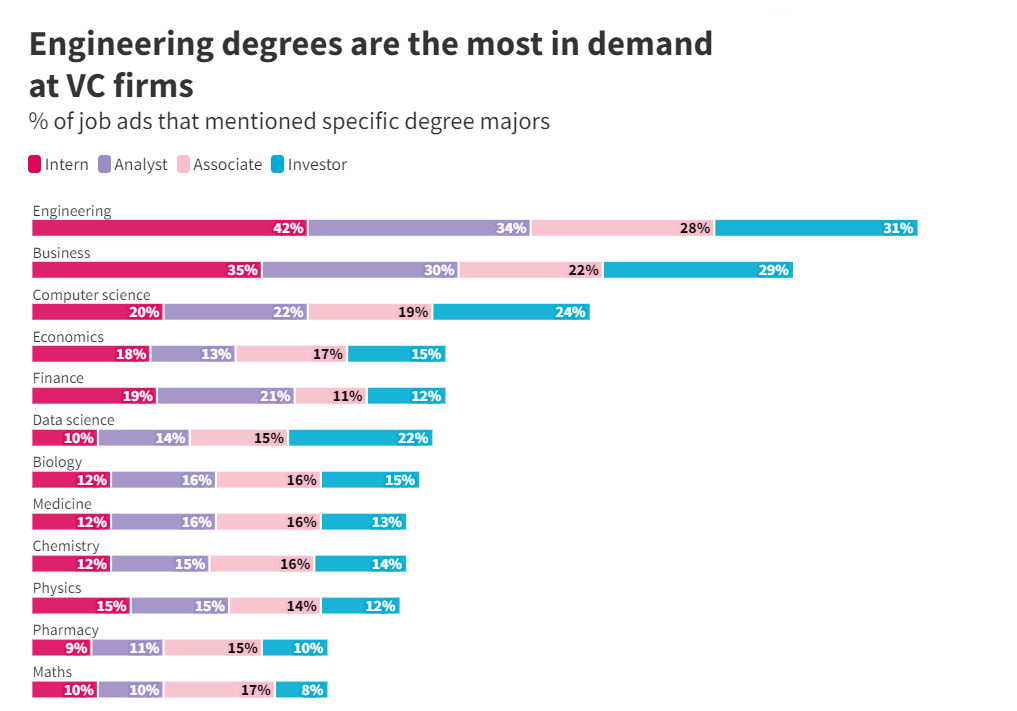The issue of diversity in venture capital remains unchanged and is not expected to improve in the near future. Even after making multiple promises to improve, the field continues to be mainly controlled by white males. In America, only 4% of venture capitalists are Black, compared to just 15% of general partners in Europe being women.
What is the main reason for this lack of diversity? Prejudice towards those with similar interests and controlling access.
Research indicates that individuals have a tendency to employ and support individuals who resemble themselves. Due to the significant underrepresentation of diversity among VCs, it is not surprising that teams composed entirely of men and white individuals are much more likely to receive funding, thus continuing a harmful cycle. However, VCs are also contributing to this current situation by practicing "knowledge gatekeeping" - keeping information and power protected, making it difficult for individuals from marginalized backgrounds to enter VC professions.
The industry heavily depends on jargon as a significant form of gatekeeping, which creates a daunting obstacle for those not familiar with it. Words such as "carry," "secondaries," and "LPs" can be confusing for beginners in the startup industry, but not much is being done to improve access to VC education.
Another way gatekeeping occurs is through the exclusiveness of VC networks and communities. Engaging in negotiations and exchanging information frequently occur within exclusive environments accessible only by invitation, excluding individuals without pre-established relationships. Hiring practices also play a part in exacerbating the issue. VCs' heavy reliance on specific criteria like engineering degrees and past experience in resumes excludes highly skilled individuals without the connections needed to obtain these opportunities.

100 ads were analysed for each level of seniority.
The answers are not difficult, but they demand honesty and action from current VCs and LPs. Making investments in educational and community access programs, implementing skills-based hiring, and intentionally creating pathways for underrepresented groups are essential actions to achieve a more diverse industry.
It is time for venture capitalists to abandon their position as guardians and instead become stewards of a more equitable and inclusive venture capital industry.

